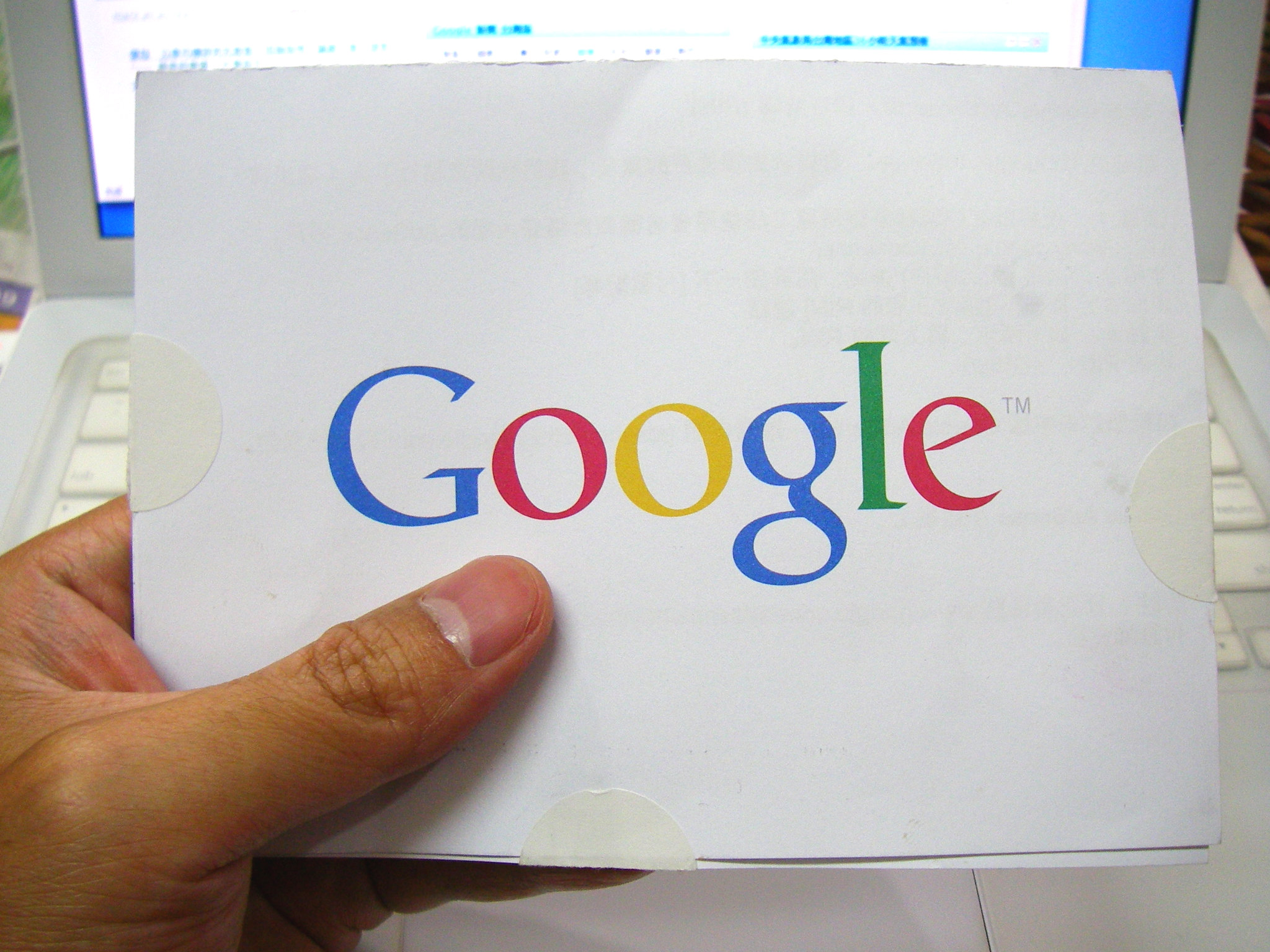Salvaging Bill C-18: Government Upends Legislation To Bring Google Onside the Online News Act - Michael Geist
The government has announced that it has reached agreement with Google on deal that will ensure that news links are not blocked on the search engine and that the company pays $100 million to support the news sector in Canada. To be clear, this is good news for all given that the alternative was bad for news outlets, the government, Canadians, and Google. Indeed, over the past few months in discussions with representatives of media outlets, the consistent refrain I heard was that there *had* to be a deal. The harm from Facebook and Instagram blocking news links was taking a significant toll with lost revenues, lost traffic, and lost deals, meaning that something had to be salvaged from Bill C-18. It turns out the way to salvage the bill was essentially to start over by tossing aside most of the core elements in the bill in favour of a single payment by Google negotiated by the government on behalf of the news sector. What is left is a $100 million payment into what amounts to a fund to be managed by the news sector itself. Google has agreed to pay $100 million to a single collective (there will be a battle over which collective will represent the news sector) and the collective tasked with allocating the money based in large measure on forthcoming regulations. The broadcast sector will remain the big winner, though speculation of the possible removal of the CBC from the system would increase the distributions to the remaining companies. Regardless, allocating the majority of the money to broadcasters presumably helps explain why the government announced a $129 million bailout that expands the available money in the labour journalism tax credit, for which only print and digital publications (known as Qualified Canadian Journalism Organizations) are eligible.


The government has announced that it has reached agreement with Google on deal that will ensure that news links are not blocked on the search engine and that the company pays $100 million to support the news sector in Canada. To be clear, this is good news for all given that the alternative was bad for news outlets, the government, Canadians, and Google. Indeed, over the past few months in discussions with representatives of media outlets, the consistent refrain I heard was that there *had* to be a deal. The harm from Facebook and Instagram blocking news links was taking a significant toll with lost revenues, lost traffic, and lost deals, meaning that something had to be salvaged from Bill C-18. It turns out the way to salvage the bill was essentially to start over by tossing aside most of the core elements in the bill in favour of a single payment by Google negotiated by the government on behalf of the news sector. What is left is a $100 million payment into what amounts to a fund to be managed by the news sector itself. Google has agreed to pay $100 million to a single collective (there will be a battle over which collective will represent the news sector) and the collective tasked with allocating the money based in large measure on forthcoming regulations. The broadcast sector will remain the big winner, though speculation of the possible removal of the CBC from the system would increase the distributions to the remaining companies. Regardless, allocating the majority of the money to broadcasters presumably helps explain why the government announced a $129 million bailout that expands the available money in the labour journalism tax credit, for which only print and digital publications (known as Qualified Canadian Journalism Organizations) are eligible.
